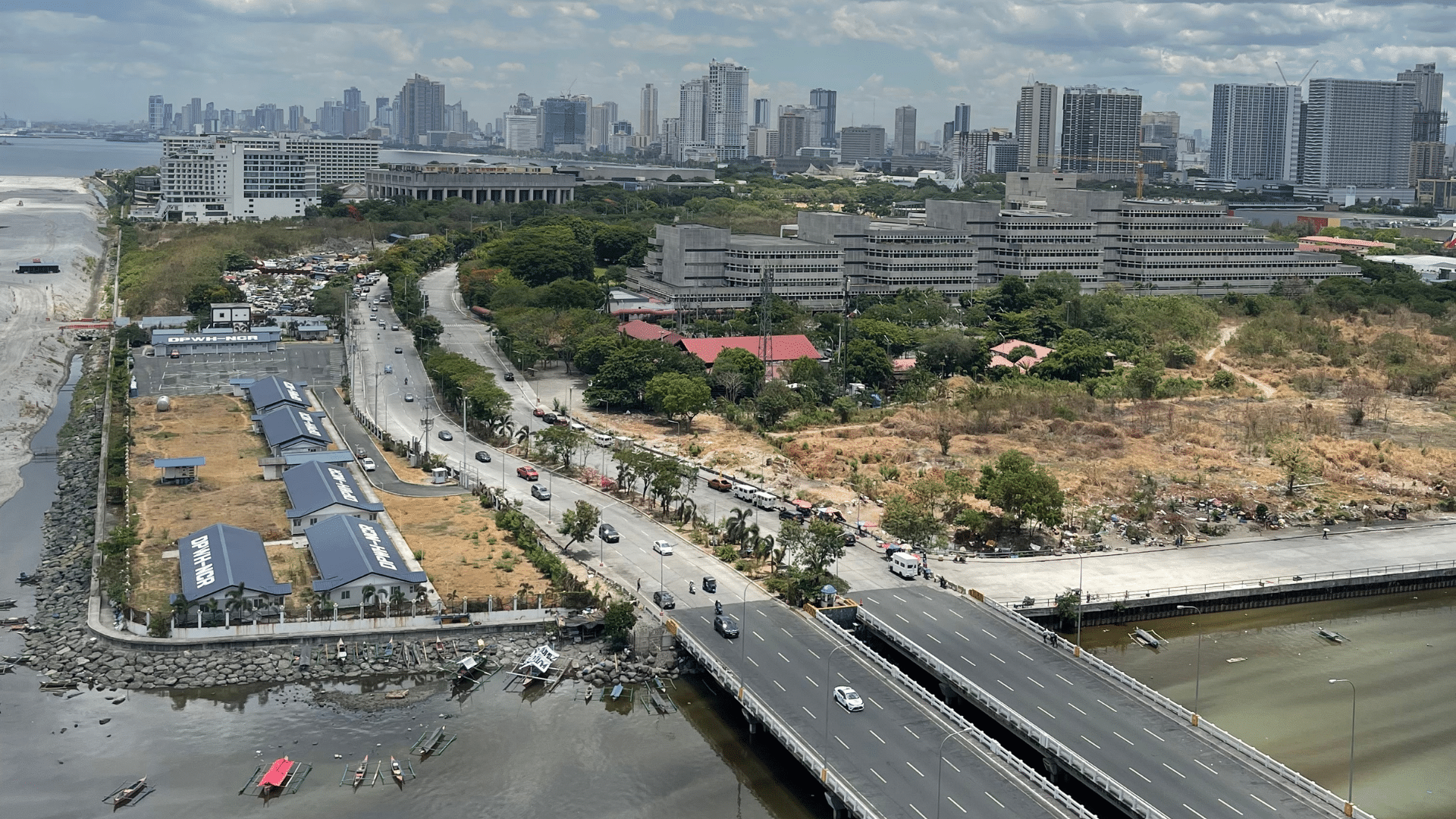PH falls in sustainable trade index

Manila Skyline | PHOTO: JMS
The Philippines fell a notch to 13th place out of 30 economies in the latest 2024 Sustainable Trade Index (STI) developed by Asia-based philanthropic organization Hinrich Foundation in partnership with academic institution Institute for Management Development (IMD).
According to the index, the country’s score also dropped to 54.8 (out of 100, being the highest) from last year’s to 61.4.
Among its peers in the Asia-Pacific region, the Philippines ranked 7th, just behind Singapore which ranked 4th in overall, Japan (5th), South Korea (6th), Hong Kong (7th), Taiwan (9th), and Thailand (12th).
READ: ESG: Keeping PH firms in the path of sustainability
The STI measures the capacity of economies to participate in international trade in a manner that supports the long-term domestic and global goals of economic growth, environmental protection, and societal development.
Article continues after this advertisementUnder the economic pillar which measures an economy’s ability to ensure and promote economic growth through international trade, the Philippines dropped three places to 19th spot with a score of 56.0.
Article continues after this advertisementLikewise, the country fell by three spots to rank 19th with a score of 37.4 in the societal pillar. This pillar also captures factors that influence public support for trade expansion. These include income inequality, political stability, goods produced by forced and child labor, and the government response to human trafficking.
In terms of the environmental pillar, the Philippines went up to 3rd place with a score of 93.0.
This pillar measures the extent to which an economy’s trade supports sustainable resources. The factors include measurements of non-renewable natural resources in trade and the management of externalities that arise from economic growth and participation in the global trading system.
In this year’s report, New Zealand retained the top spot, followed by the United Kingdom and Australia.
The report also emphasized that both governments and businesses globally are focusing on building a strong and capable workforce which ensures that workers are healthy, educated, and treated fairly, thus helping economies handle challenges and take advantage of new opportunities.
Additionally, concerns about “national resilience” and “environmental resilience” are also important.
Moreover, it added that “workforce resilience” is part of a larger movement aimed at building “societal resilience.” This means making investments that support both economic stability and social well-being. Countries like New Zealand, Canada, Australia, Taiwan, and Singapore are leading in this effort.
“By investing in human capital, countries can build adaptable workforces capable of thriving amid economic fluctuations and global challenges,” Christos Cabolis, chief economist of the IMD World Competitiveness Center said in the report.